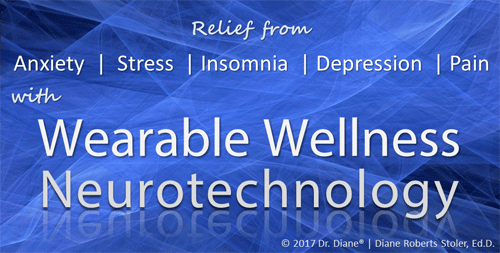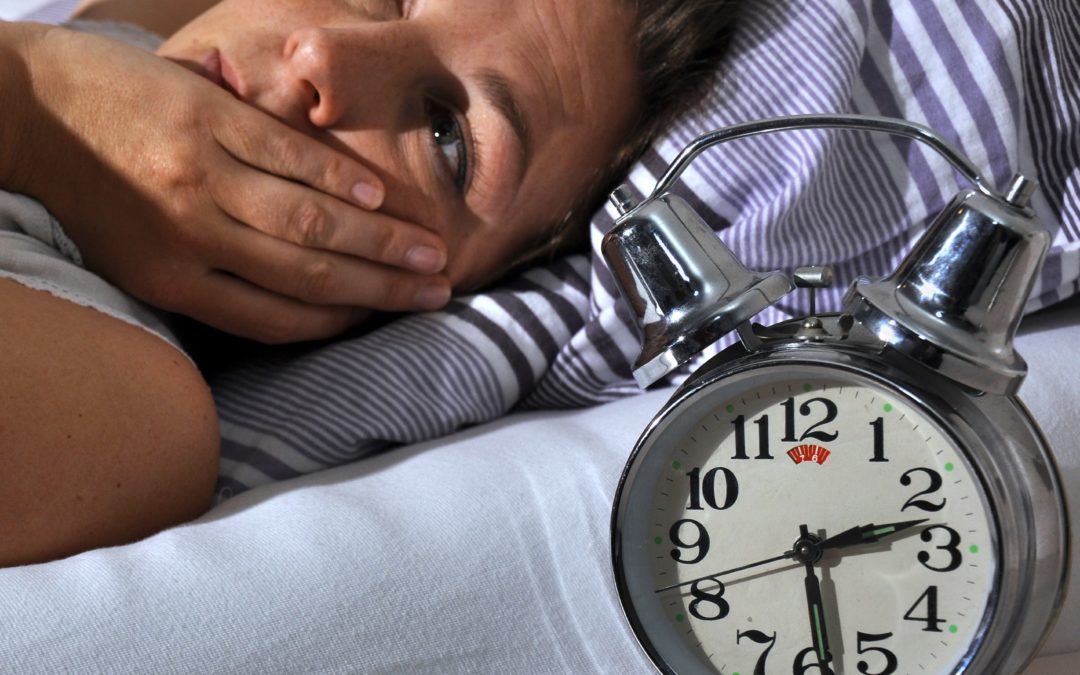


Wearable Wellness Neurotechnology
As mentioned in my previous blogs, March is Brain Injury Awareness Month. I want to bring awareness to the fact that sleep problems can be a result of a brain injury, such as concussion (mild traumatic brain injury). Common complaints I hear…

Suffering vs Pain: Regaining Life
Recently, I presented to a Chronic Pain Support group about what pain is and isn’t and where it is registered in the brain. If you look at the fMRI below, the location of where Pain is registered is very different where Sadness ( Suffering) is located. Now it is extremely important to note at this point the emotional component of Acute Pain is Anxiety, while the emotional component to Chronic Pain is Depression.

I Can’t Sleep: Sleep Problems From Brain Injury?
As mentioned in my previous blogs, March is Brain Injury Awareness Month. I want to bring awareness to the fact that sleep problems can be a result of a brain injury, such as concussion (mild traumatic brain injury). Common complaints I hear…

Brain Injury: But, You Look So Good!
Brain Injury But You Look So Good WomanMarch is Brain Injury Awareness Month. It is also the anniversary of my own brain injury. I still remember vividly months after my 60 mile-an-hour head-on auto accident, people would say, “But, You Look So Good!” This is often the case with survivors of a brain injury, because brain injuries are not visible. Although I appeared well on the outside, I was not the same person I was prior to sustaining a brain injury and I faced many challenges. I would often turn away from a person, and turn back to the same person, only to discover that to me they were a new person. I would say, “Hi, have we met before?” Often people, depending on your age, misunderstand and think you have early dementia.
There is no doubt that life is different after a traumatic brain injury. It can change every facet of one’s life. Statistics show that there is a higher divorce rate for, and increased emotional abandonment of, people who incur disabilities. In my own recovery, I found that the loss of people I depended on to care for me was a major loss. And then there is grief. Grieving the loss of the person you used to be is not only normal, but it is a necessary part of recovery.
How can anyone see the severity of your condition in order to understand what you are going through? They can’t. People who suffer a concussion (mild traumatic brain injury), or other types of brain injuries, are often judged for not being able to resume normal activities because their injury is invisible. Brain injury survivors are often times misdiagnosed, misunderstood, and under-funded.
Mild and Moderate Brain Injury is the #1 misdiagnosed condition worldwide. Every 15 minutes a concussion occurs. The leading causes of concussion include falls, auto accidents, sports, recreational injury, and domestic violence, along with blast injury from combat IED (Improvised Explosive Device). There are over 20,000 people who sustained a blast injury from the bombing explosion in Boston Marathon in 2013, who are possibly still unaware because “They Look So Good.” Rather most or all of the 20,000 individuals are aware of experiencing an awful trauma and probably have confused their symptoms with Post Traumatic Stress Disorder (PTSD), since many of the symptoms of a brain injury, specifically Post Concussion Syndrome (PCS) do overlap. See the table below.


